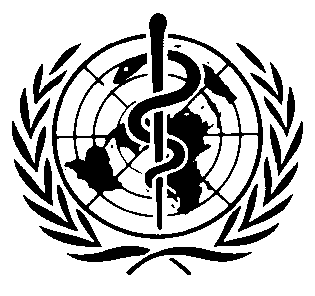International Chemical Safety Cards
| CYCLOHEXANE | ICSC: 0242 |




Hexamethylene Hexanaphthene C6H12 Molecular mass: 84.2  ICSC # 0242
ICSC # 0242CAS # 110-82-7 RTECS # GU6300000 UN # 1145 EC # 601-017-00-1 April 22, 1994 Peer reviewed |
| TYPES OF HAZARD/ EXPOSURE | ACUTE HAZARDS/ SYMPTOMS | PREVENTION |
FIRST AID/ FIRE FIGHTING |
| FIRE |
Highly flammable.
|
NO open flames, NO sparks, and NO smoking.
|
Powder, AFFF, foam, carbon dioxide.
|
| EXPLOSION |
Vapour/air mixtures are explosive.
|
Closed system, ventilation, explosion-proof electrical equipment and lighting.
Do NOT use compressed air for filling, discharging, or handling.
Use non-sparking handtools.
Prevent build-up of electrostatic charges (e.g., by grounding).
|
In case of fire: keep drums, etc., cool by spraying with water.
|
| EXPOSURE |
|
|
|
| •INHALATION |
Dizziness.
Headache.
Nausea.
|
Ventilation, local exhaust, or breathing protection.
|
Fresh air, rest.
Refer for medical attention.
|
| •SKIN |
Redness.
|
Protective gloves.
|
Remove contaminated clothes.
Rinse and then wash skin with water and soap.
|
| •EYES |
Redness.
|
Safety goggles
or face shield.
|
First rinse with plenty of water for several minutes (remove contact lenses if easily possible), then take to a doctor.
|
| •INGESTION |
(Further see Inhalation).
|
Do not eat, drink, or smoke during work.
|
Rinse mouth.
Give a slurry of activated charcoal in water to drink.
Do NOT induce vomiting.
Refer for medical attention.
|
| SPILLAGE DISPOSAL | STORAGE | PACKAGING & LABELLING | ||
|
Evacuate danger area!
Consult an expert!
Ventilation.
Collect leaking and spilled liquid in sealable containers as far as possible.
Absorb remaining liquid in sand or inert absorbent and remove to safe place.
Do NOT wash away into sewer.
(Extra personal protection: self-contained breathing apparatus).
|
Fireproof.
|
F symbol R: 11 S: 2-9-16-33 UN Hazard Class: 3 UN Packing Group: II |
||
| SEE IMPORTANT INFORMATION ON BACK | ||||
|
||||
